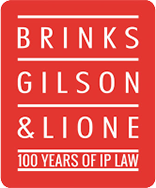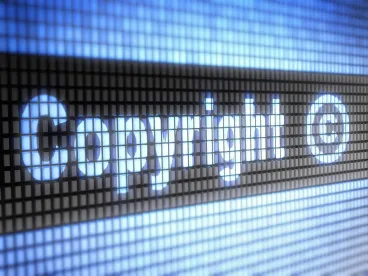On March 4, 2019, the Supreme Court issued a unanimous decision in Fourth Estate Public Benefit Corp. v. Wall-Street.com, No. 17-571, 585 U.S. __ (2019), holding that a copyright owner cannot file an infringement lawsuit until the Copyright Office has registered the work at issue.
The Court’s ruling addresses a split among the circuit courts regarding when the pre-lawsuit registration required by 17 U.S.C. §411(a) actually occurs. Section 411(a) states that “no civil action for infringement of the copyright of any United States work shall be instituted until…registration of the copyright claim has been made in accordance with this title.” Circuit courts diverged on whether “registration…has been made”: (1) at the time a copyright owner submits the application, materials, and fee required for registration (the “application approach”); or (2) only when the Copyright Office has reviewed and granted the registration (the “registration approach”). Writing the opinion for the Court, Justice Ginsburg concluded that the latter approach was correct and “registration…has been made” when the “Register has registered a copyright after examining a properly filed application.” Slip. Op. 12.
In this case, Fourth Estate Public Benefit Corp. ("Fourth Estate"), a news organization producing online journalism, licensed works to Wall-Street .com ("Wall-Street"), a news website. Wall-Street canceled the license, but, contrary to the terms of the agreement, continued to display the articles produced by Fourth Estate. Fourth Estate subsequently filed applications to register its articles with the Copyright Office, and filed suit against Wall-Street for copyright infringement. However, the District Court dismissed Fourth Estate’s complaint, and the Eleventh Circuit affirmed because, although Fourth Estate had filed applications to register the articles, the Register of Copyrights had not yet acted on those applications.
Challenging these rulings, Fourth Estate argued that the Copyright Act uses phrases such as “registration has been made” to describe the actions of the copyright owner, and, therefore, the §411(a) use of the phrase should also refer to the actions of the copyright owner, specifically, the act of complying with the statutory requirements for an application. Rejecting Fourth Estate’s position, the Court found that “§411(a)’s opening sentences focus not on the claimant’s act of applying for registration, but on the action by the Copyright Office” of registering or refusing to register a copyright claim. Slip Op. at 5. The Court further identified other provisions of the Copyright Act that supported this interpretation. The Court concluded that the “registration approach…reflects the only satisfactory reading of §411(a)’s text.” Id. at 4.
Fourth Estate further also argued that, because a copyright owner’s rights exist apart from registration, §411(a) should not be read as barring enforcement of those rights in court once a proper application has been submitted. Disagreeing, the Court held that the statute safeguards a copyright owner’s rights by allowing the owner to eventually recover damages for past infringement as well as the infringer’s profits. The Court noted that the copyright owner “must simply apply for registration and receive the Copyright Office’s decision on her application before instituting suit.” Slip Op. at 10.
Finally, Fourth Estate argued that adopting the “registration approach” would result in copyright owners being unable to enforce their rights while the Copyright Office is reviewing the registration application, and potentially losing the ability to enforce their rights if the Copyright Act’s three-year statute of limitations runs out before the Copyright Office acts on the application. The Court noted that Congress recognized Fourth Estate’s concern and included “preregistration” exceptions in the Copyright Act for certain works especially susceptible to prepublication infringement. However, for all other works, “§411(a)’s general rule requires owners to await action by the Register before filing suit for infringement.” Slip Op. at 11. Although the Court acknowledged that registration processing times have increased from one to two weeks to upwards of seven months, it stated that Fourth Estate’s fear that an owner may lose the ability to enforce its rights due to any such delay was overstated. Regardless, the Court further noted that “administrative lag…does not allow [the Court] to revise §411(a)’s congressionally composed text.” Slip Op. at 12.
Implications
Future copyright claimants will need to apply for a copyright registration and receive a decision from the Copyright Office before pursuing an infringement claim in court, even if this means paying for expedited registration prior to bringing suit. Beyond recounting the benefits of registration conferred by statute (e.g., statutory damages, attorney fees, costs of suit), this decision further demonstrates the advantage of registering a claim of copyright sooner rather than later. Moreover, as emphasized by amicus supporting the registration approach, the registration requirement of U.S. copyright law provides an effective screening mechanism against unfounded copyright assertions.





 />i
/>i

